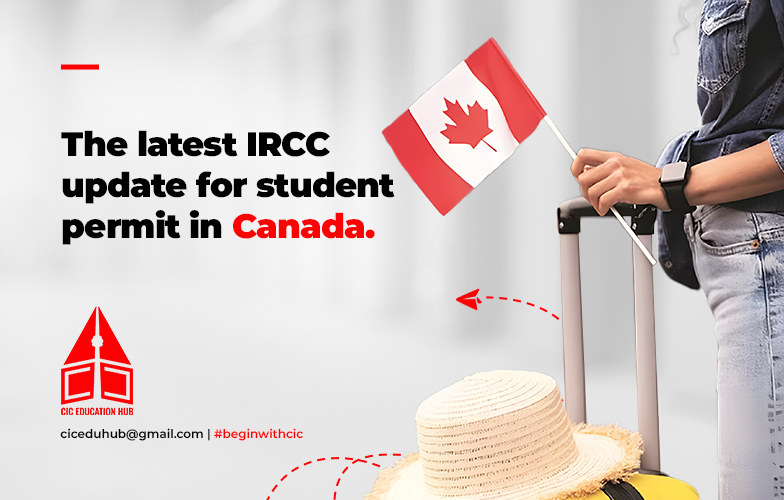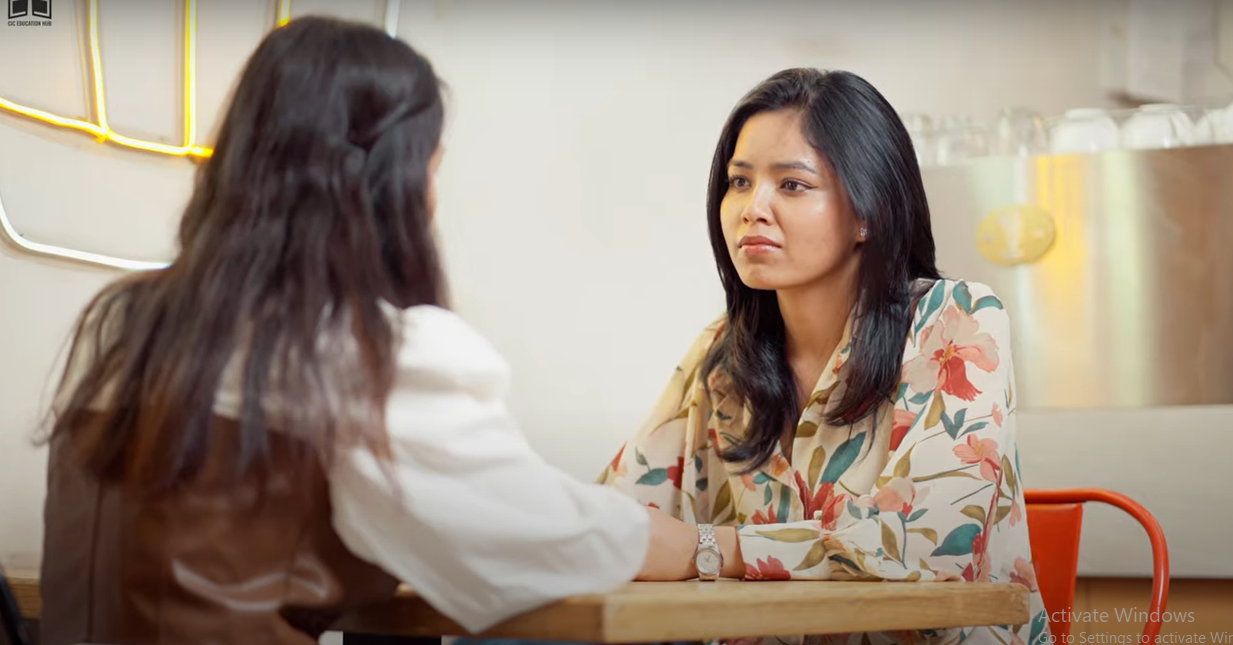The latest IRCC update for student permits in Canada.

Recent developments from (IRCC) have reshaped the landscape of Canada’s international student program. The recent new rules for student permits in 2024 have raised many questions. The latest IRCC update make many students are curious about provincial attestation letters, PGWP, spousal visa etc.
International students make a huge contribution to the economy of Canadian communities. The increasing number of students in Canada contributes to the development of education, healthcare, industries, and more. With the positive impact on the economy there are also many drawbacks. These issues are overpopulated cities, low supply and high demand for rental houses, lack of jobs and more. To encounter these issues the government comes up with equally developing strategies. They also highlighted the PR courses and benefits for the student who pursue the higher programs such as Master, Phd etc.
Many students are in doubt as to what impact it will have on study permit approval. Here we will address the recent changes made by IRCC.
The changes, like the study permit limit and attestation letter started on January 22nd, 2024. In 2024, only 360,000 study permits will be approved, limiting how many permits are given. The provincial and territorial governments are still working on the attestation letter process, and it’s expected to finish by March 31st this year.
The recent IRCC Update Canada changes includes :
- The federal government has made limitations on intake of international students. The number of study permits is expected to decrease by 35% compared to 2023. which means total approval will be 360,000 in 2024.
- Starting from September 1, 2024, there will be changes to the Post Graduation Work Permit (PGWP). Now the student needs to meet eligibility criteria to get PGWPs. Those who enroll in study programs at private universities with licensed curriculum on or after this date will no longer be eligible for PGWPs. however the criteria differs on their level of education. Students who’ve completed master’s programs in Canada will soon be able to get three-year PGWPs.
- The rules for Spousal Open Work Permits are changing. Now, only spouses of international students studying in master’s, doctoral, and professional programs can get open work permits.
- Starting January 1, 2024, international students need to show their strong financial stability. They must have at least $20,635 (previously $10,000) to cover their living expenses.


